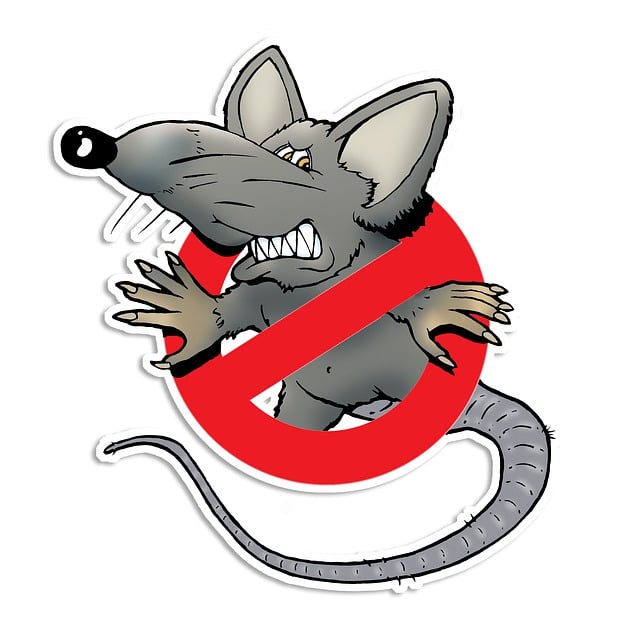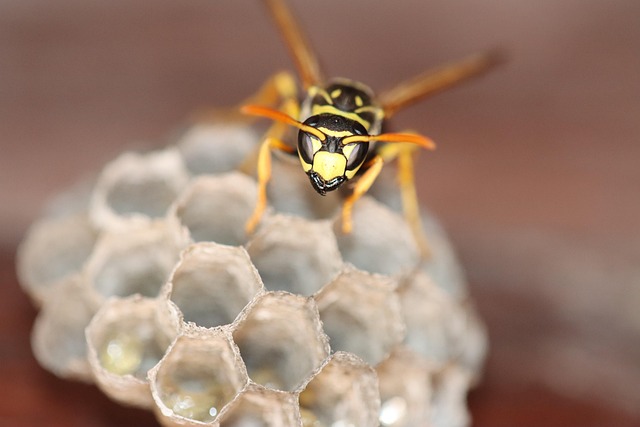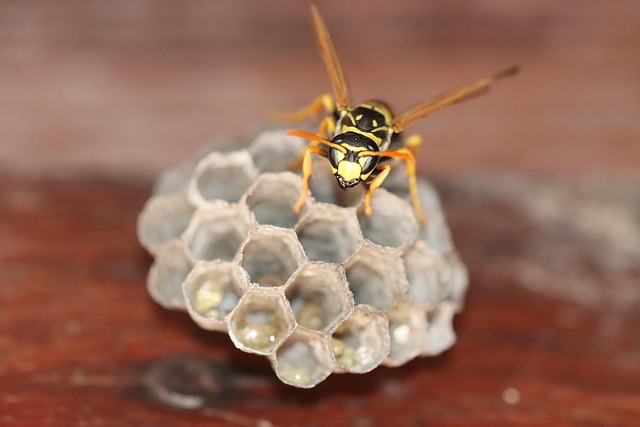Licensed pest control is crucial for maintaining safe and healthy environments. Trained professionals adhere to legal requirements, safety protocols, and environmentally friendly methods. They address diverse infestations using traditional or eco-friendly techniques, offering long-term protection through regular inspections. Hiring a licensed expert provides benefits like targeted strategies, advanced equipment, and strict safety standards, especially for severe or persistent pest issues. Selection should consider unique needs, verified licensing, positive reviews, and transparent pricing. Treatments vary by infestation type, with chemical sprays used sparingly and alternative methods for targeted solutions. Ongoing maintenance and prevention strategies are key to long-term success in licensed pest control.
“In any home or business, pests can cause significant damage and pose health risks. Luckily, licensed pest control services offer a comprehensive solution. This article explores the legal and safety framework governing these professionals, the diverse range of pests they address, and the benefits of hiring experts equipped with specialized gear. We’ll guide you through choosing the right exterminator and dissecting common treatments’ effectiveness. Additionally, learn about long-term maintenance and prevention strategies for effective licensed pest control.”
Understanding Licensed Pest Control: The Legal and Safety Framework

Licensed pest control is a critical aspect of maintaining a safe and healthy environment, both at home and in commercial spaces. In many regions, it’s not just about ridding your property of pests; it’s also a legal requirement. Professional exterminators must adhere to strict regulations and safety protocols, ensuring that the methods used are environmentally friendly and effective. This framework involves comprehensive training, certification, and regular updates on industry standards, chemical handling, and new technologies in pest management.
The legal landscape surrounding licensed pest control varies across regions, but common threads include licensing requirements for practitioners, permitted use and disposal of chemicals, and strict guidelines on how these services should be advertised and delivered. These regulations are designed to protect both the service providers and consumers, ensuring that only qualified individuals with the necessary skills and knowledge handle pest control issues in a safe and responsible manner.
Types of Pests and Services Offered by Licensed Exterminators

Licensed exterminators are trained and certified professionals who specialize in identifying, managing, and eradicating various pests that can infest homes, businesses, and other properties. These experts offer a wide range of services tailored to specific pest problems. Common types of pests they address include rodents, such as mice and rats, which are known for causing structural damage and spreading diseases; insects like termites, bed bugs, ants, and cockroaches, which can lead to unsanitary conditions and allergic reactions; and wildlife, including squirrels, raccoons, and bats, that may invade buildings in search of shelter or food.
In addition to pest identification and removal, licensed exterminators provide preventive measures and regular inspections to ensure long-term protection. They employ a variety of techniques, from traditional chemical treatments to more eco-friendly, non-toxic solutions, ensuring the safety of residents, pets, and the environment. These professionals are equipped to handle both minor infestations and severe pest problems, offering tailored plans for quick and effective resolution.
Benefits of Hiring a Professional: Expertise and Specialized Equipment

Hiring a licensed exterminator offers numerous advantages, especially when dealing with persistent or dangerous pest infestations. Professional exterminators bring a wealth of expertise to the table. They are trained to identify various pests and their unique behaviors, which allows for tailored strategies that conventional homeowners might miss. This specialized knowledge ensures effective treatment from the get-go.
Moreover, licensed pest control experts invest in advanced equipment not readily available to the average person. From powerful insecticides to sophisticated tracking devices, these tools enable precise and efficient pest removal. Utilizing such technology means faster results and reduced environmental impact, as professionals adhere to strict safety guidelines and industry standards.
Choosing the Right Licensed Exterminator for Your Needs

When it comes to selecting a licensed exterminator, understanding your specific needs is paramount. Different scenarios require tailored solutions; whether it’s a minor pest intrusion or an ongoing commercial pest management contract, each case has unique considerations. Look for professionals who offer specialized services aligned with your requirements, such as termite control, bed bug eradication, or wildlife removal.
Reputation and experience are key indicators of quality service. Check online reviews, verify their licensing and certifications, and inquire about their methodology to ensure they employ safe, environmentally conscious practices. A reputable licensed pest control service will prioritize your safety, provide transparent pricing, and offer ongoing support to maintain a pest-free environment.
Common Pest Control Treatments and Their Effectiveness

Pest control treatments vary depending on the type of infestation and the severity of the issue. Licensed exterminators employ a range of methods, each designed to target specific pests humanely and effectively. Common treatments include inspections, chemical sprays, baits, and traps.
For instance, chemical sprays are potent solutions, quickly eliminating visible pests and disrupting their reproduction cycles. However, due to potential environmental and health impacts, these are used judiciously and with strict adherence to safety protocols by licensed pest control professionals. Alternative methods like baiting and trapping are effective for roaches, ants, and other insects, offering a more targeted and environmentally friendly approach to licensed pest control.
Maintenance and Prevention: Long-term Solutions for Pest Management

Pest management is not just about quick fixes; it’s a continuous process that requires maintenance and prevention strategies for long-term success. A licensed pest control service understands this, offering tailored solutions to address current infestations while implementing measures to deter future ones. By combining regular inspections, targeted treatments, and environmental modifications, these professionals create a robust defense against pests.
Maintenance involves ongoing surveillance, where experts check for signs of pest activity and make necessary adjustments to treatment plans. Prevention tactics include sealing entry points, maintaining proper sanitation, and using integrated pest management (IPM) strategies. IPM focuses on minimizing the use of chemical pesticides by utilizing biological controls, cultural practices, and mechanical methods, ensuring a healthier environment while effectively managing pests.
